COP29: Another global push for climate action
On Nov. 11, delegates and activists from nearly 200 countries will gather in Baku, Azerbaijan, for the latest installment of UN's climate summit series
Reuters
News Agency Partner
Reuters is a leading source of news and information, delivering fact-based reporting and expert analysis on international events and trends.
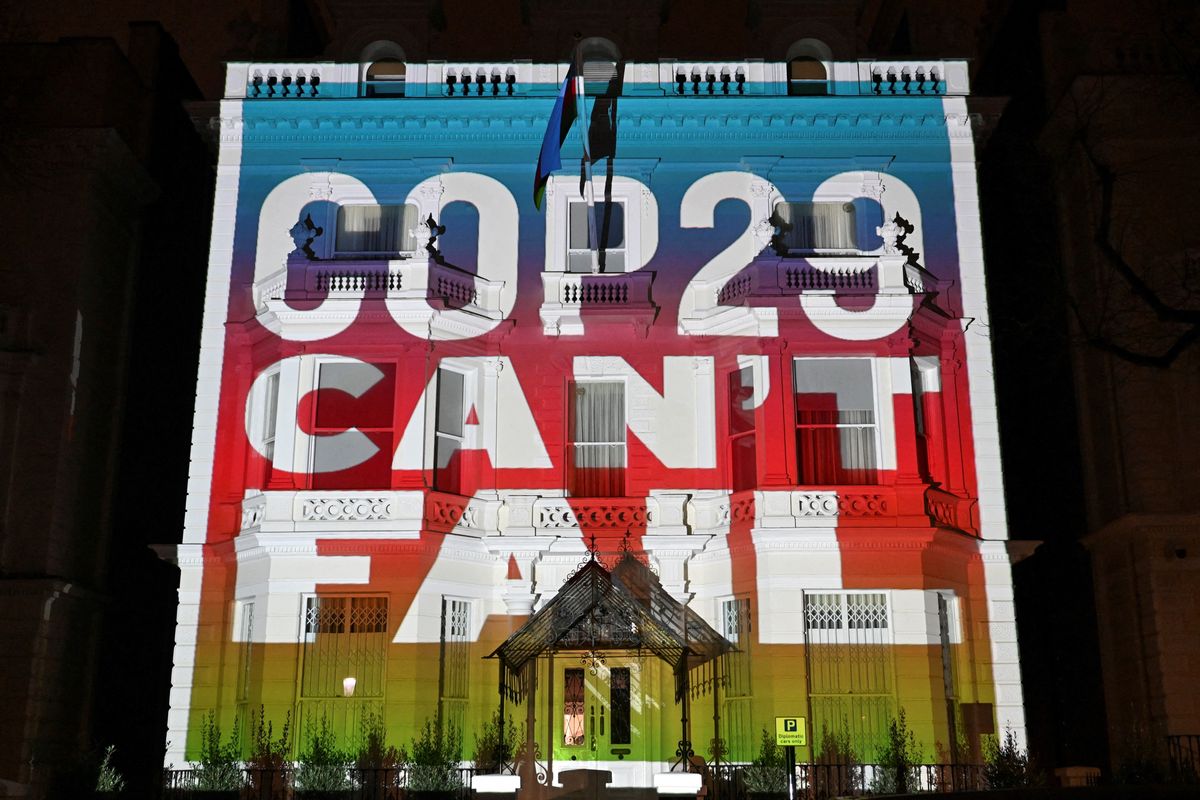
Climate activists project a message onto the Embassy of Azerbaijan ahead of COP29 climate talks, in London, Britain, November 7, 2024.
Reuters
As the COP29 President, Azerbaijan has worked all year to steer negotiations and will play a crucial role in shaping priorities
The global rise in temperatures and emissions since COP’s inception shows slow progress
G77 + China and the African bloc have demands for more climate financing, aid, and clear market regulations
With COP29 days away, the global climate agenda is set to once again take center stage, this time in Baku. The summit provides a critical platform for addressing the ongoing climate crisis while also highlighting new commitments and solutions.
Alongside formal negotiations, COP29 will host a range of events, public forums, and exhibitions, aiming to engage participants and drive forward discussions on environmental action and innovation.
Activists, scientists, and corporate representatives will convene to discuss everything, from ocean acidification to renewable energy investments. The “Green Zone” will serve as a public area for these discussions, fostering broader engagement with climate issues.
COP29: Setting the stage for climate solutions
From November 11, delegates and activists from nearly 200 countries will gather in Baku, Azerbaijan, for COP29, the latest installment of the United Nations’ climate summit series.
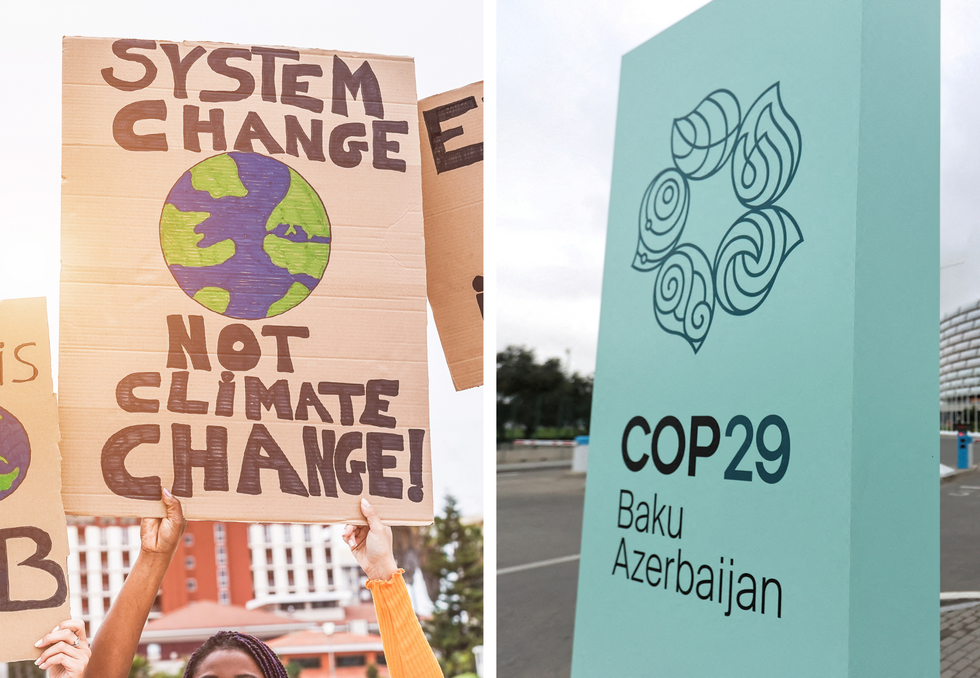
In an era of increasingly severe climate impacts, this year’s Conference of the Parties (COP) is expected to address funding commitments, market regulations, and strategies for future emissions reductions. But the question remains: is COP achieving its intended purpose?
A brief look back: Why do we have COP?
COP conferences began under the 1992 U.N. Framework Convention on Climate Change (UNFCCC) with a focus on global accountability. The aim is simple yet complex: foster an environment where every country, irrespective of whether its contribution to climate change is significant or not, can collaborate on solutions that respect differing national capacities.
This principle, “common but differentiated responsibilities,” was built into the UNFCCC from the start. The idea is that the countries responsible for the majority of emissions in history, typically wealthy industrialized nations, should lead climate action efforts. However, as the economies of developing countries grow, expectations are shifting, raising questions about financial responsibilities and equity.
What COP hopes to accomplish each year
COP provides a unique setting for decision-making. It’s not just a one-time summit but a culmination of year-round discussions among countries, scientists, and policy advocates. This structure gives world leaders a space to publicly signal their commitment to the UNFCCC, build mutual accountability, and enable progress on climate-related issues.
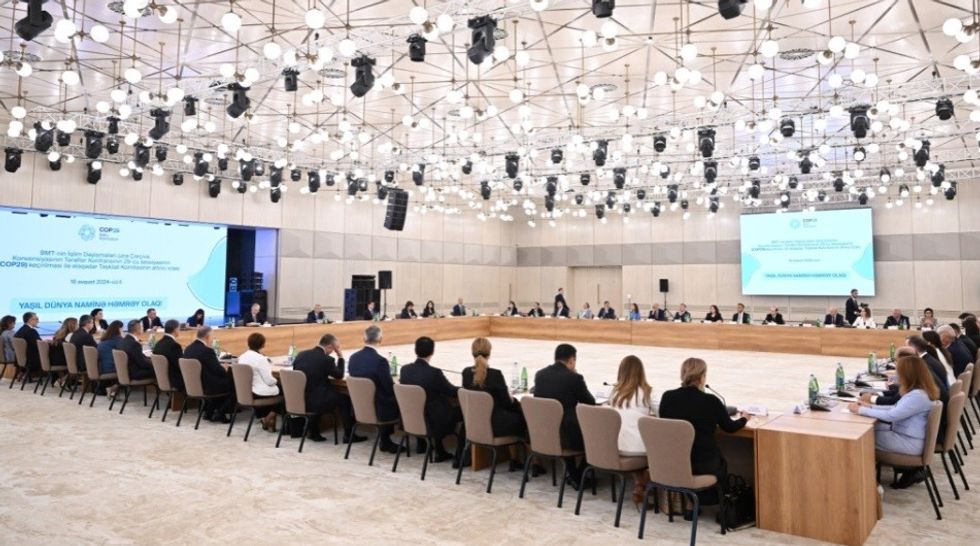
The summit requires consensus on agreements, fostering a high level of global commitment. However, critics argue that the process has yet to deliver the required scale of change, as global temperatures and greenhouse gas emissions have continued to rise steadily since COP began in 1995.
Advocates of the COP process maintain that, while slow, the summit represents the only viable forum for negotiating worldwide shifts in energy use and funding for climate action.
COP29 goals: What’s on the table this year?
At COP29, participants hope to achieve key milestones. First, negotiators are working to establish a new global climate finance target, which could help support developing nations already suffering from climate impacts.
There is a push to operationalize multilateral carbon credit markets, aiming to make carbon trading a viable, regulated means of reducing emissions. There is also hope for pledges of new aid for climate-disaster-affected countries, providing urgently needed funds as climate-related disasters increase in frequency and cost.
Beyond official negotiations, Baku’s COP29 will likely serve as a launchpad for specific climate projects and partnerships announced by various countries and corporations. Financial institutions will likely reveal new investments in green technology and climate resilience projects.
The host country
Azerbaijan will be front and center at COP29, as its presidency places it in a strategic position to influence negotiations. The host country has used the past year to build consensus and prepare for the complex logistics and security demands of the summit.
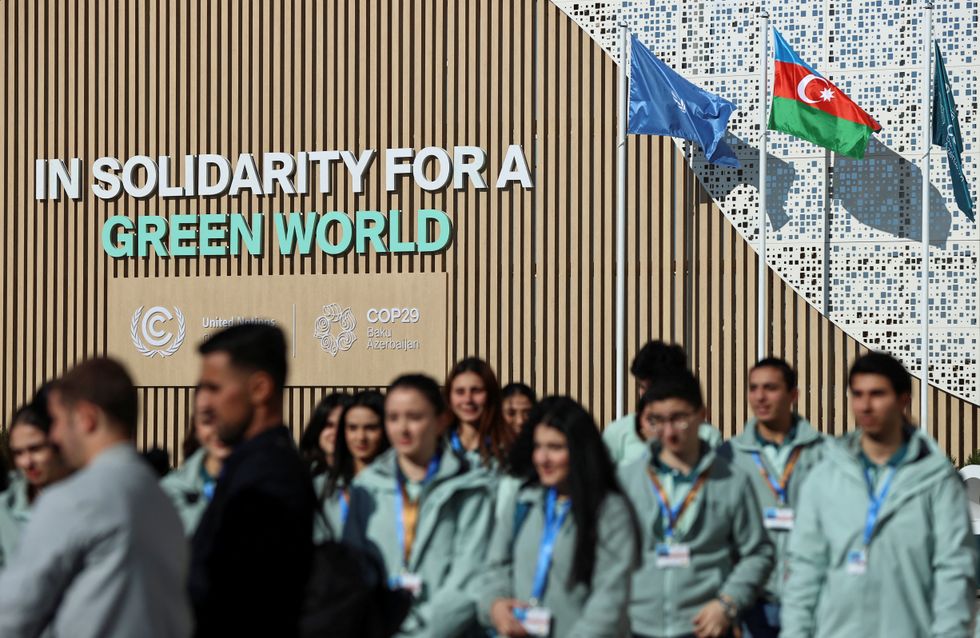
For Azerbaijan, COP29 is an opportunity to assert itself on the international climate stage, as Brazil prepares to take over the presidency at COP30 in 2025.
Key negotiating players and blocs
The summit will feature a diverse group of major players and negotiating blocs, each with its priorities and challenges. China, the largest greenhouse gas emitter, continues to balance its identity as both a major economic power and a developing nation under UN standards. This stance allows it to call on developed countries to take the lead in climate action and funding.
The U.S. arrives at COP29 on the heels of an election that will return Donald Trump to office in 2025, introducing uncertainties.
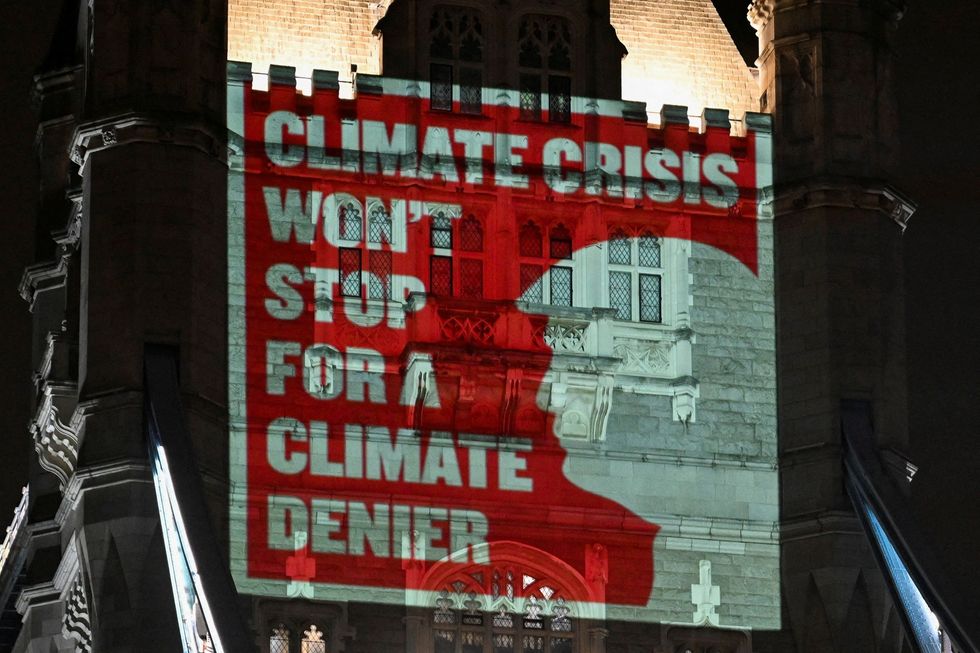
Trump’s previous term saw the U.S. withdraw from the Paris Agreement, and he has pledged similar actions this time, jeopardizing ongoing funding discussions.
The EU also has yet to finalize its climate finance position for COP29. It remains the world’s largest contributor to climate funding. However, it insists that fast-developing economies, including China, contribute financially.
The hosts of COP28, COP29, and COP30 - known as The Troika (UAE, Azerbaijan, Brazil) - are fossil-fuel-reliant nations and are working together to ensure summit continuity while maintaining economic growth tied to natural resources.
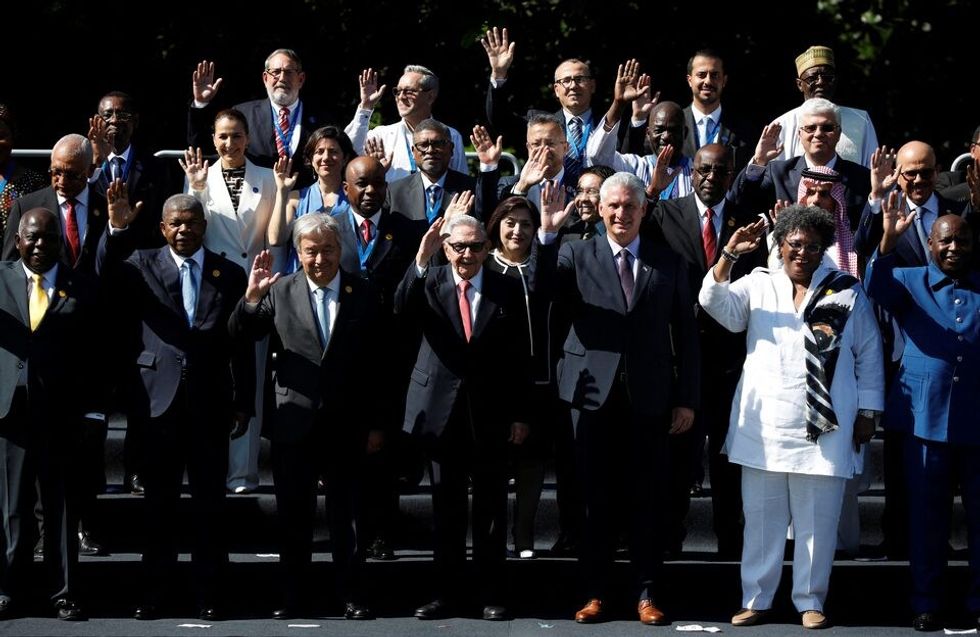
Brazil, South Africa, India, and China are advocating for financial commitments from wealthy nations, highlighting the historic contributions of developed nations to current climate issues. However, Other key groups including G77 + China, the African Group, AOSIS (Alliance of Small Island States), and the Least Developed Countries (LDCs), are emphasizing the need for financial support and technical assistance for climate adaptation and disaster recovery.
Whether this summit can drive meaningful action remains to be seen, but the stakes could hardly be higher.






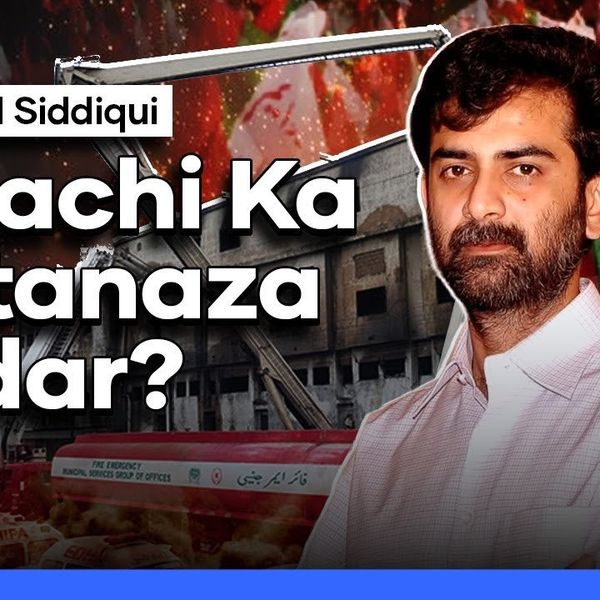

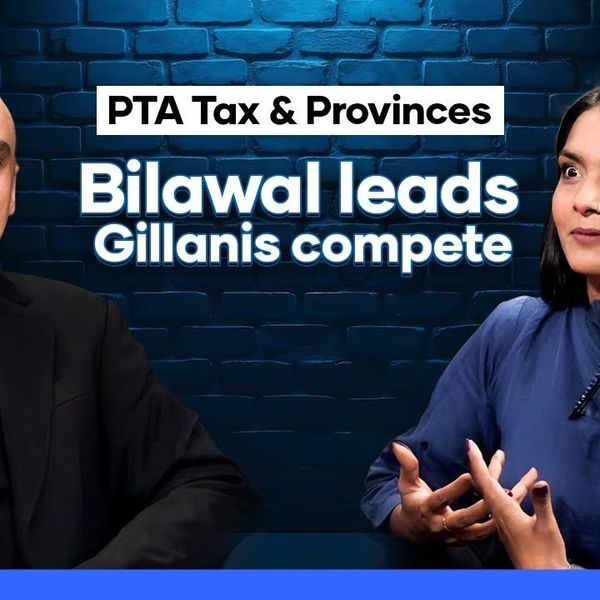

Comments
See what people are discussing